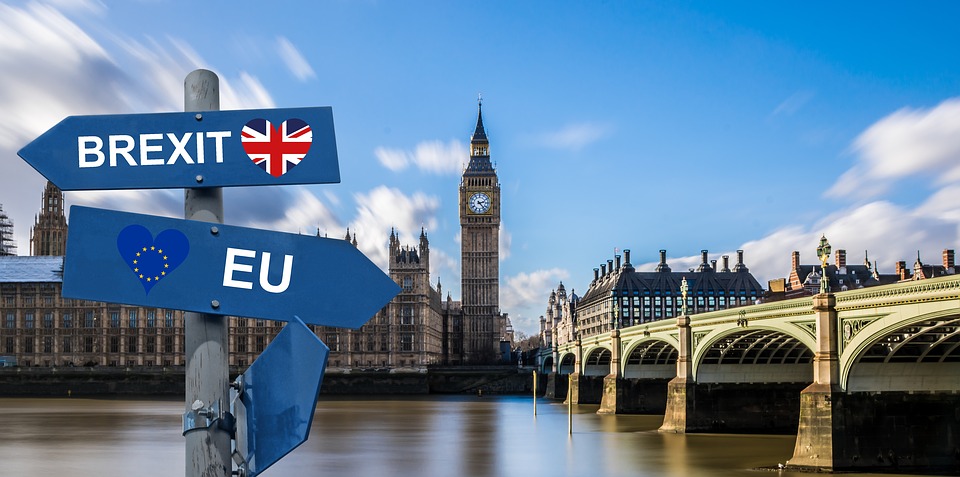Prime Minister Boris Johnson’s emphatic election win last month has led to a burst of optimism among British businesses and consumers, according to some early signals from the economy.
Johnson’s success in securing a large parliamentary majority, which ended a period of deadlock in Westminster, means Britain is on course to leave the European Union on Jan. 31 and start an 11-month, no-change transition period.
It also ended the prospect of a shift to the left in British politics. The opposition Labour Party had proposed nationalising key industries, taking stakes in many other companies and more state intervention.
However, some economists are sceptical about whether the pickup in confidence will translate into a meaningful boost to growth, which has lost momentum since the Brexit referendum in 2016 and slowed to a crawl in late 2019.
Some businesses worry that Johnson’s refusal to contemplate asking for an extension to the Brexit transition period – even if Britain has not sealed a new trade deal with the EU before the end of 2020 – risks creating another “cliff edge.”
Below are some of the early signals that show an improvement in optimism after the Dec. 12 election.
CFOs CHEER UP
Accountants Deloitte said on Friday that 53% of chief financial officers were more optimistic about their companies’ prospects than three months previously, the highest share since records started in 2008.
The Deloitte survey was conducted entirely after the election and chimed with the business expectations component of the IHS Markit/CIPS UK Services Purchasing Managers’ Index (PMI) – a closely watched gauge of British business – which hit its highest level in December since September 2018.
The PMI was up markedly from a preliminary reading for the month that was based only on responses before the election, indicating a clear improvement in sentiment after the vote.
Nonetheless, the overall picture of the economy from the PMI remained consistent with no growth in the fourth quarter.
CONSUMERS MORE CONFIDENT
The public became much more upbeat about the prospects for Britain’s economy after the election, according to a survey commissioned by payment card company Barclaycard.
The proportion of people who said they were confident about the economy’s future rose 10 points to 41%, the highest since March 2017, according to the survey of 2,000 people conducted by Longitude Research from Dec. 17 to 19.
However, in recent years analysts have doubted how much consumer confidence in the economy really matters.
Britons have been among the most downbeat about their country’s economic prospects of all European Union countries, according to European Commission data, but their spending has continued to power the economy.
Conversely, while the Barclaycard survey showed an increase in optimism among consumers, the British Retail Consortium reported dismal Christmas trading for major store chains.
JOBS BOOST?
British employers increased hiring of permanent staff from job agencies last month for the first time in a year, a survey from the Recruitment and Employment Confederation (REC) showed, another sign of higher business confidence.
The survey was conducted Dec. 5 to Dec. 17, straddling the election result.
“With a new government in place and the path ahead looking more predictable, some businesses have decided that they have waited long enough,” REC chief executive Neil Carberry said.
Reporting by Andy Bruce
Source: UK Reuters


